Minister for Education and Skills Richard Bruton T.D. recently announced that the Department of Education will soon publish a circular requiring schools to discuss the use of smartphones and tablets in schools with teachers, parents and students.
The use of smartphones by students while in school is something of a hot topic as of late and many schools are anxious for the issue to be addressed.
As part of the Education (Parent and Student Charter) Bill 2016, a new law requires all schools to discuss various issues with parents and students and to enact a Parent and Student Charter that complies with the national statutory guidelines, something which the smartphone issue falls under.
As part of the discussion, schools will be required to engage with parents and students in regards to several areas of this topic:
- The appropriate use of smartphones and tablets in schools
- The restrictions required to ensure proper usage
- If schools should allow such devices to be used outside of class time
As noted by Minister Bruton at the Teachers Union of Ireland conference held on April 4th, the use of smartphones and tablets by young people is an area of concern for parents and teachers alike, so hopefully the oncoming discussion will prove fruitful for all parties.
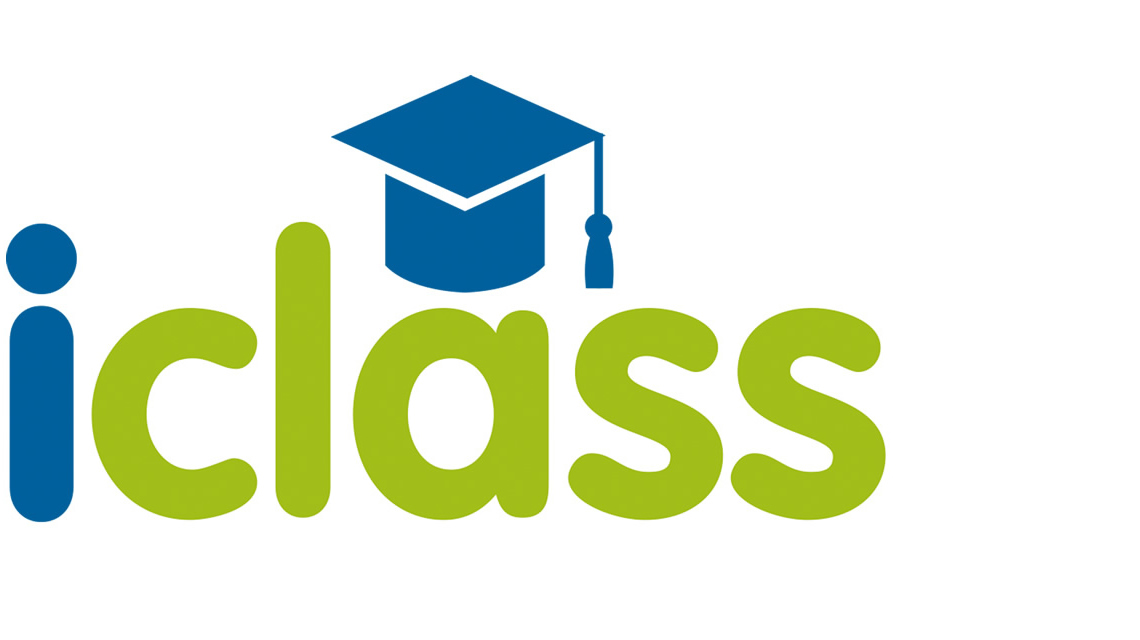

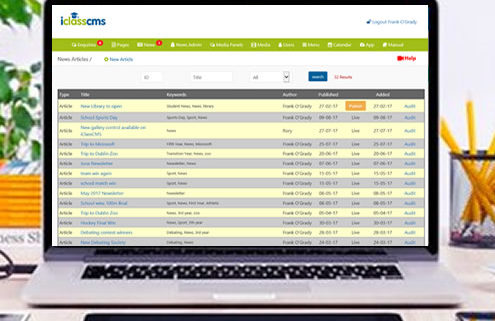


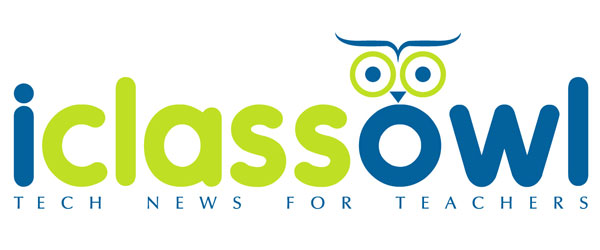
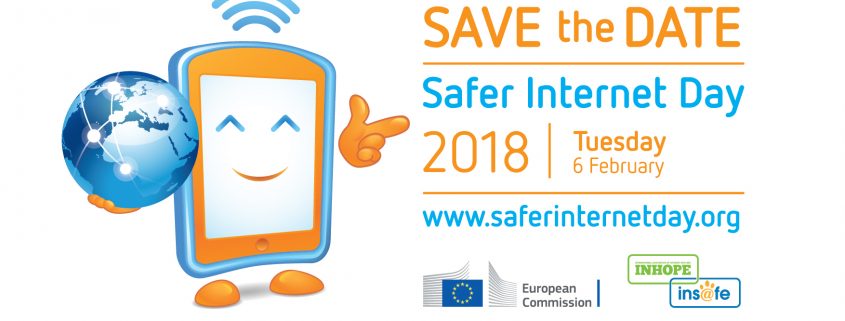
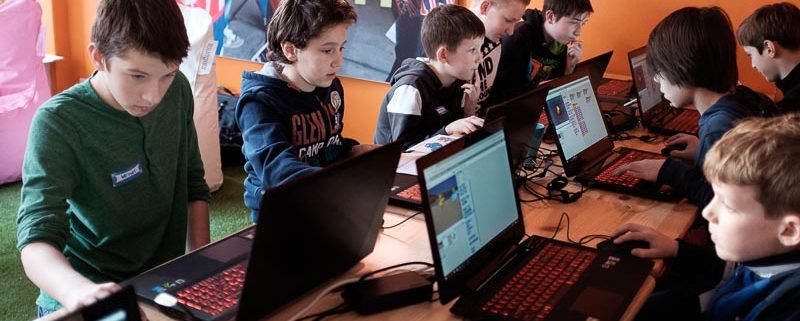
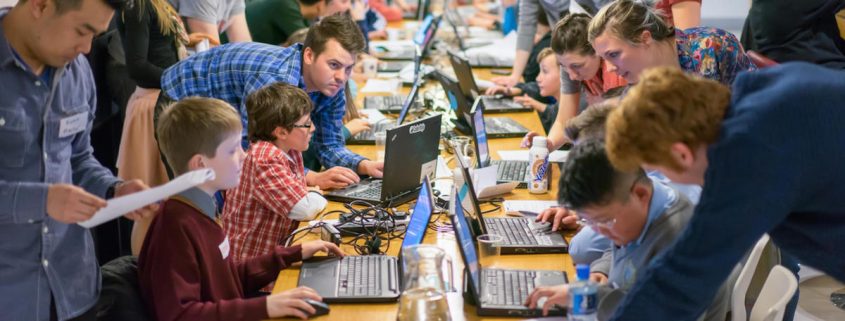
 UK + 442895907779
UK + 442895907779 customerservice@iclasscms.com
customerservice@iclasscms.com


